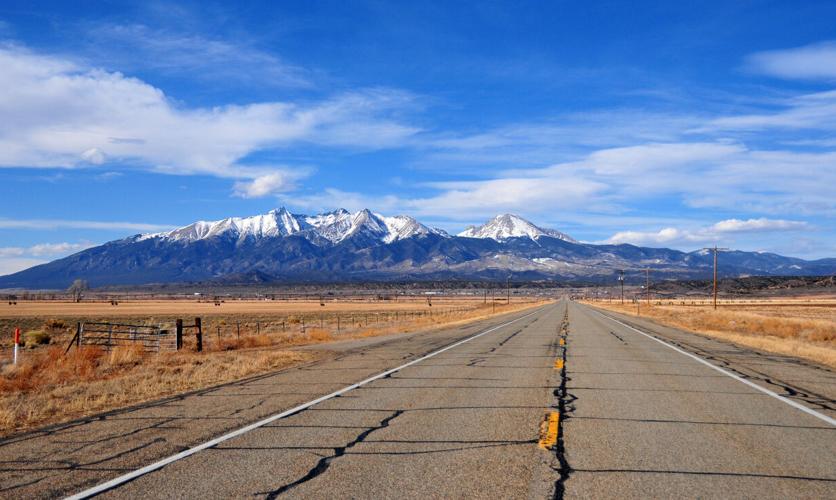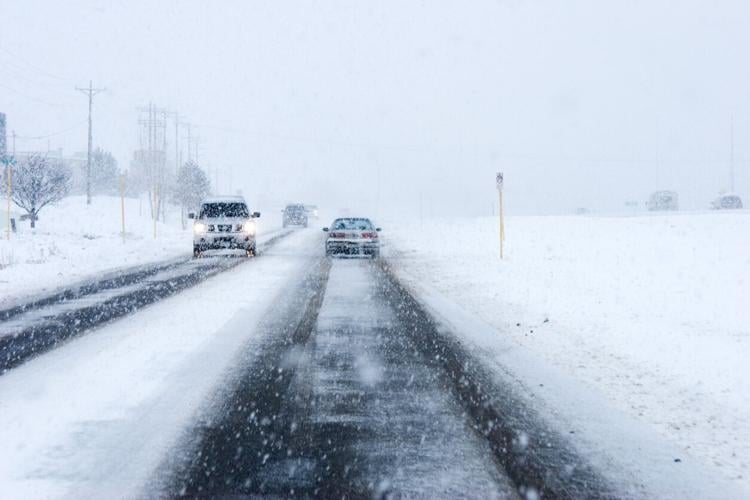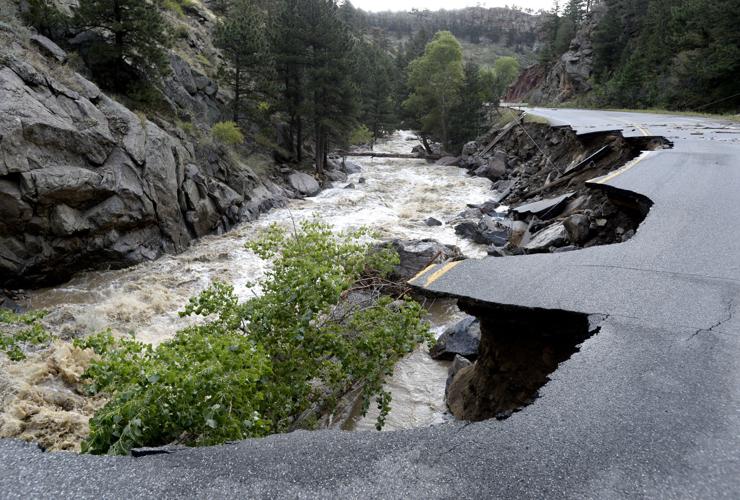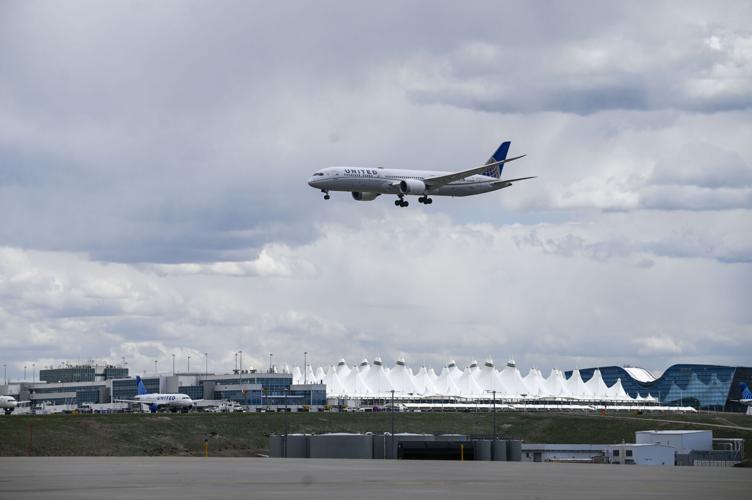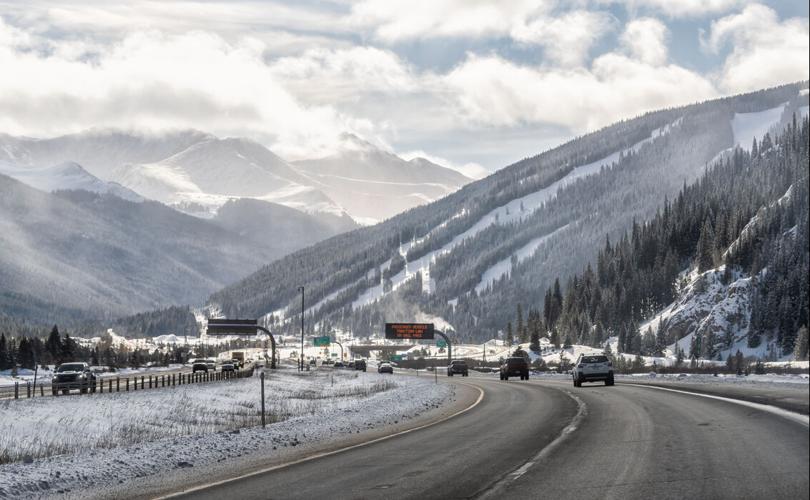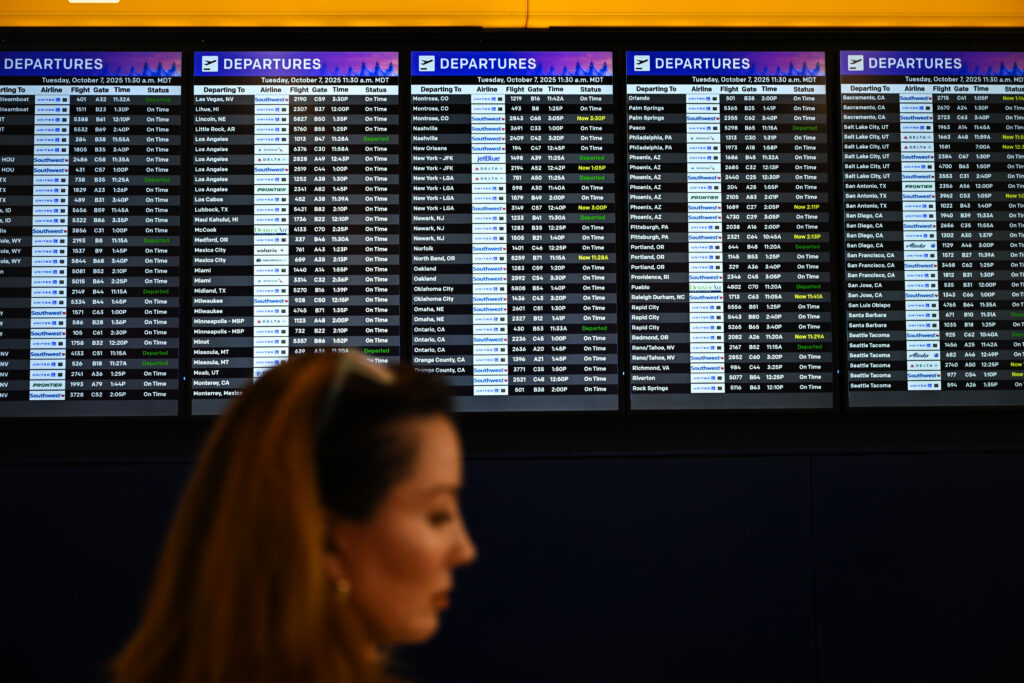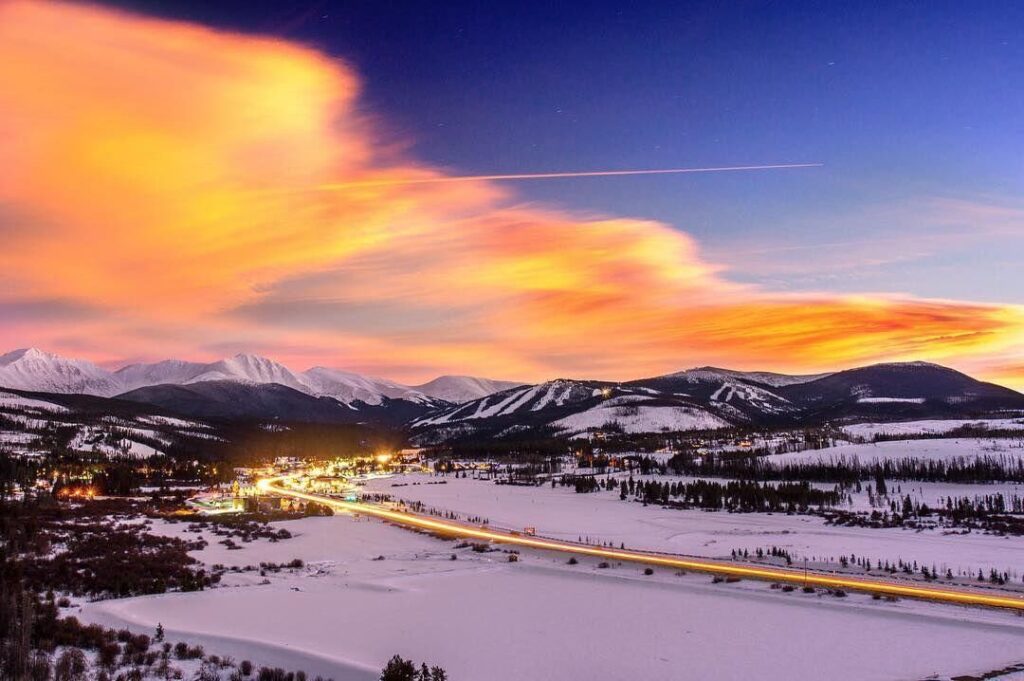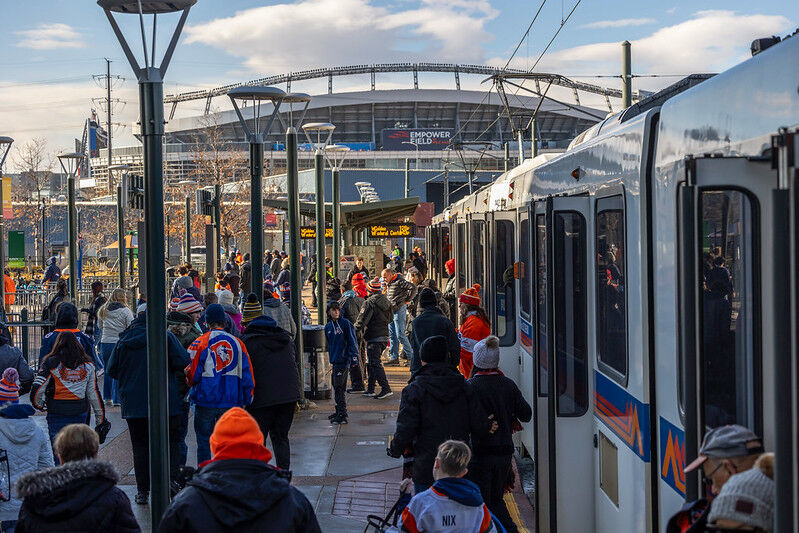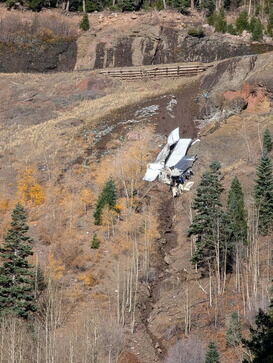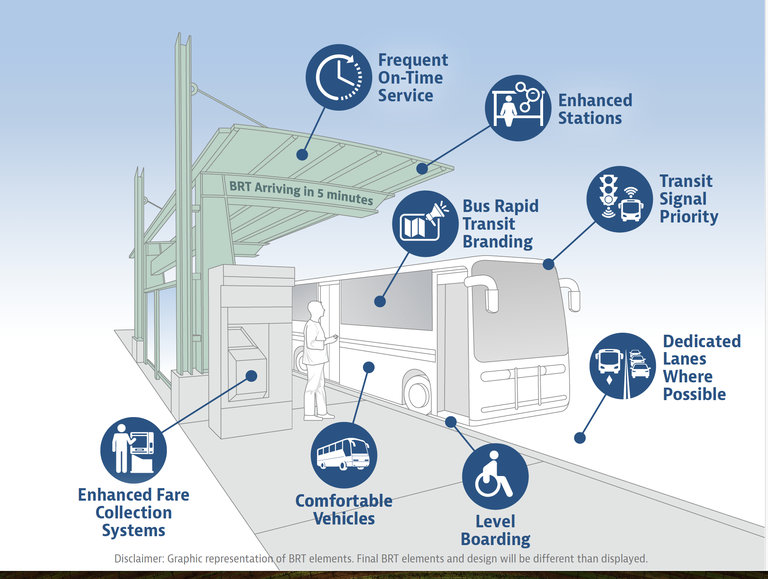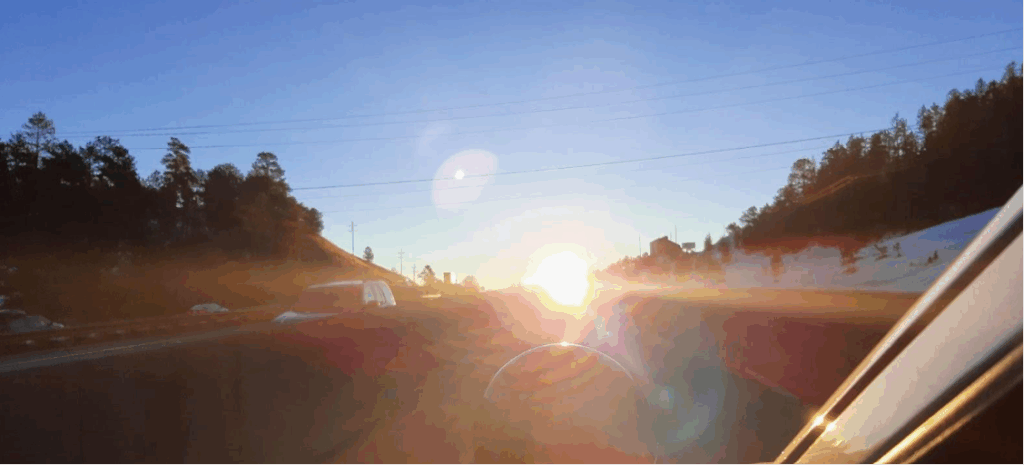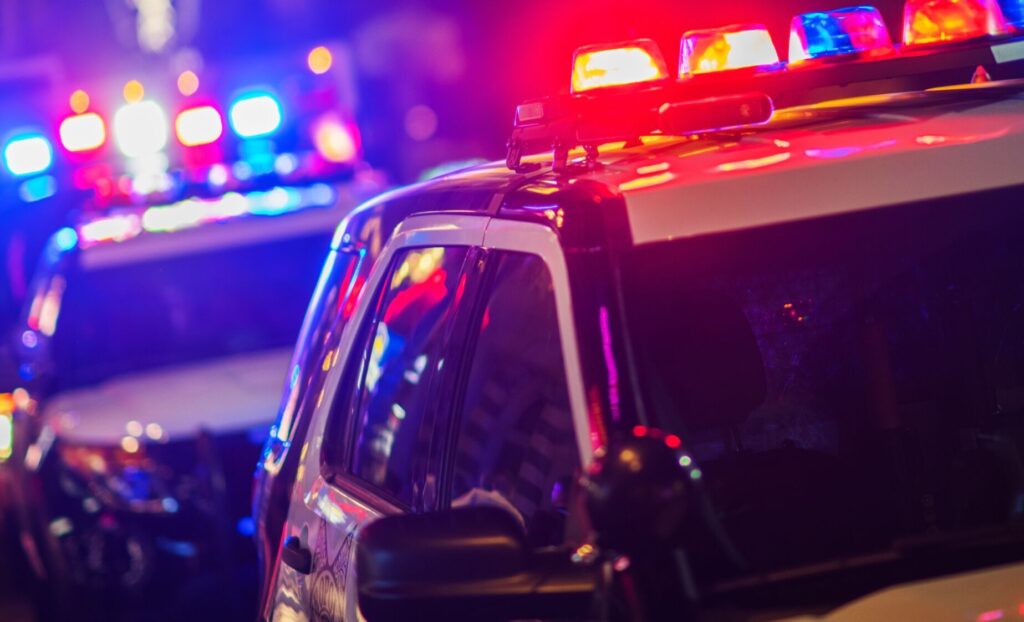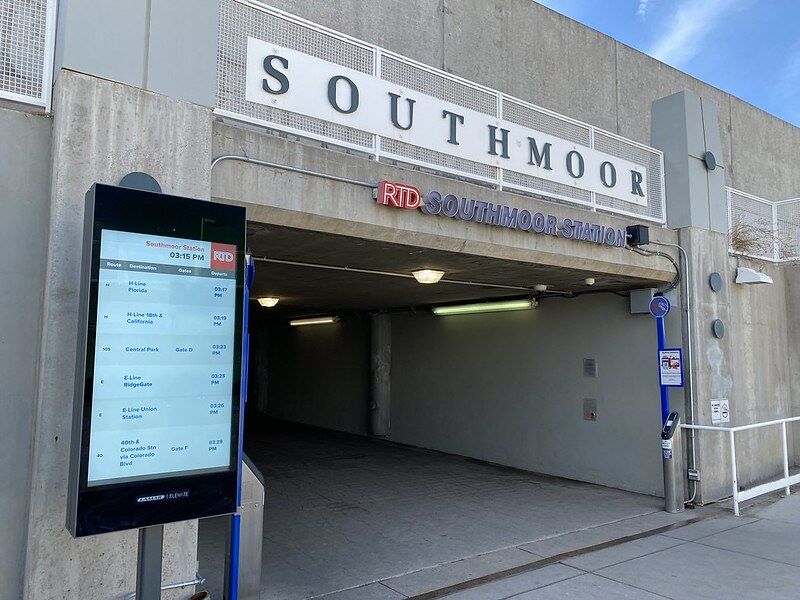Colorado’s infrastructure receives C- grade in 2025 civil engineer report card
Only a third of Colorado’s roads are in good condition — compared to 45% nationally — and, as a result, motorists here are paying almost $2,000 annually due to congested and deteriorated roadways.
That’s according to the American Society of Civil Engineers 2025 report card released Wednesday. The report reaffirmed the difficulties Colorado faces, as it seeks to improve its physical infrastructure with more funding over the past five years.
The report highlighted several key findings, including that the state’s aging infrastructure had not received the needed maintenance for its upkeep and that many sectors, especially roads, transit and water systems, face significant funding shortfalls.
“Our report finds that state leadership, agencies and the private sector are working admirably to keep these systems in good standing, but we are up against mounting external stressors and must double down on these efforts to ensure Coloradans have a built environment they can rely on,” T. Deniz Uludag, chair of the 2025 Report Card, said in a news release.
The state earned an overall grade of C minus, the same valuation it received in 2020. It graded lower than the national average in only one of the individual categories — solid waste.
Colorado did not grade well against itself, though. Only two categories — dams and wastewater treatment — saw improvements since then, with each moving up half a letter grade.
Three other categories — aviation, energy and roads — received worse letter grades than it did five years prior. The rest of the categories received the same grades they did in 2020.
Colorado’s roads, schools and levees were tied for the lowest grade at D plus.
The report estimated that only 34% of the state’s roads are in good condition, compared to 45% nationally.
Moreover, the state’s lack of investment in roadway maintenance, capacity, operation and innovation created costs borne by drivers, with Colorado motorists paying about $1,900 per year due to the condition of roadways — about 35% higher than the national average.
The aging infrastructure applies to the state’s schools, as well. The report estimated that the cost to address deficiencies within the aging schools is currently over $13.5 billion, increasing to as high as $17.5 billion by 2030.
More than 70% of the state’s permitted levees were constructed prior to 1988, when specific design requirements were adopted in Colorado’s rules and regulations for regulatory floodplains, the report said. Many unpermitted levees exist in rural areas, which could put those communities at risk, the report said.
The state’s highest grades were in aviation, dams and railroads, all of which received a B- grade.
Colorado’s aviation infrastructure received good reviews in the report, which highlighted the sector’s $71.2 billion annual business revenue generated for the state. The reason the grade dropped from 2020 was due to the increased strain on the infrastructure resulting from the higher user demand over the past half decade.
The state’s dams also saw a higher grade in years’ past because of the modification and rehabilitation projects in Colorado that totaled over $160 million over the past five years, as well as Denver Water planning to invest about $1.8 billion into its water supply system over the next decade, according to the report.
While regional and short-line rail systems around the state — which connect towns and agricultural regions — are generally underfunded compared to freight rail, the investment into passenger rail should better support those regions, as well as improve safety and efficiency, the report said.
The state’s “C” wastewater treatment grade was closer to the national average of D plus, the report said. While Colorado’s septic systems are growing by nearly 2% annually, the report estimated that the state needs about $6.2 billion for infrastructure improvements serving populations of at least 10,000 people.






